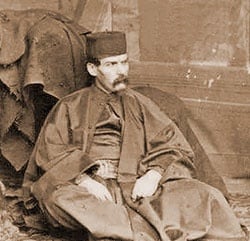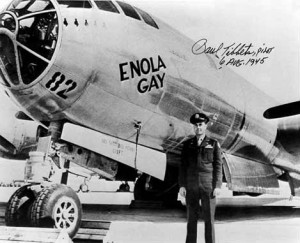
Who was the greatest traveller of the Victorian era? Amongst the usual top contenders you will find the name of Sir Richard Francis Burton. Best known for translating The Thousand and One Nights from Arabic and for visiting Mecca in 1853 disguised as a Muslim pilgrim, Burton wandered for years throughout the Middle East, Far East and Africa. He had an extraordinary talent for languages – he could speak twenty-nine of them – and was a master of assimilating himself into local cultures. Just after his death in 1890 he was described as ‘a Mohammedan among Mohammedans, a Mormon among Mormons, a Sufi among the Shazlis, and a Catholic among the Catholics.’ Continue reading

